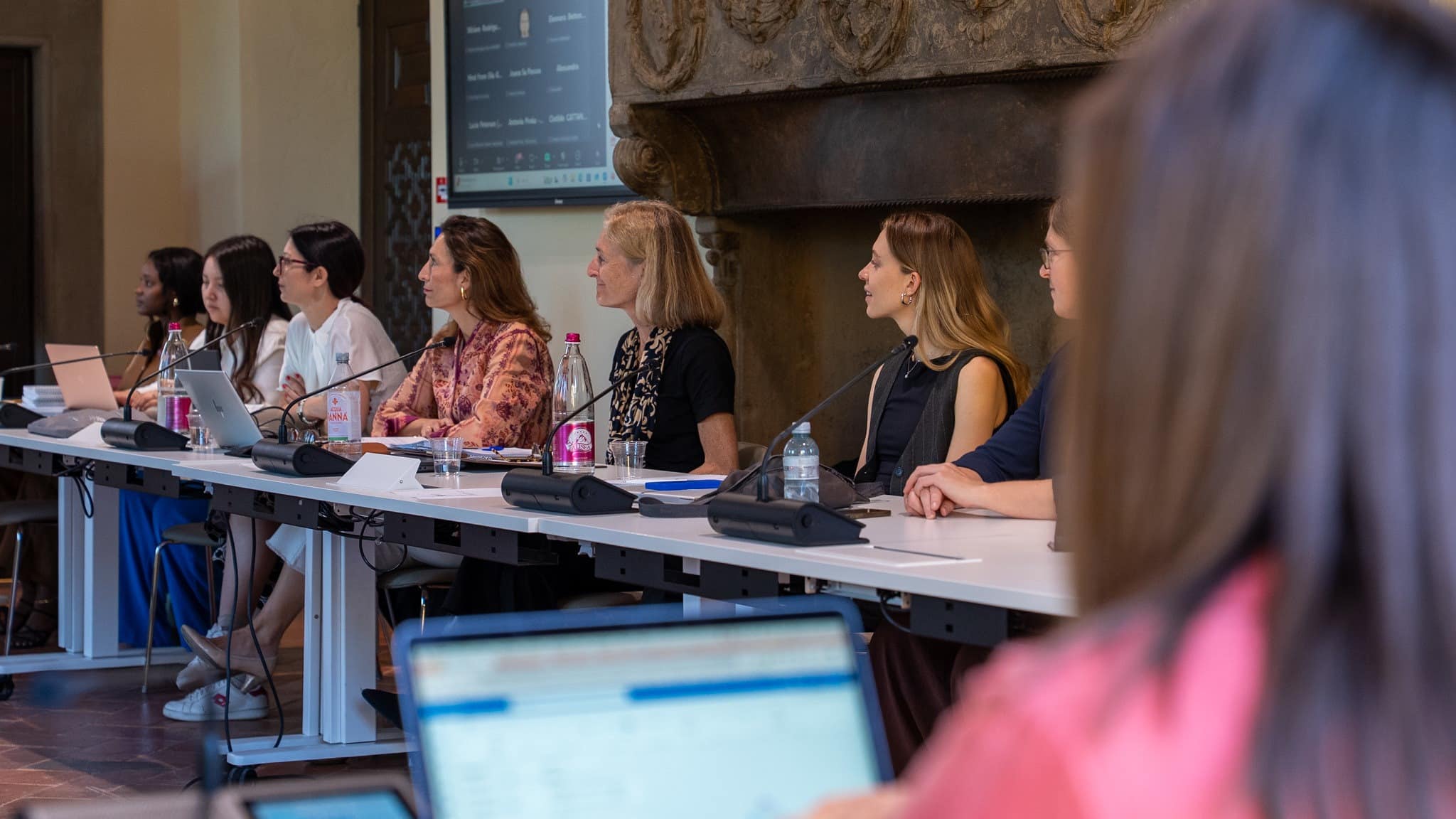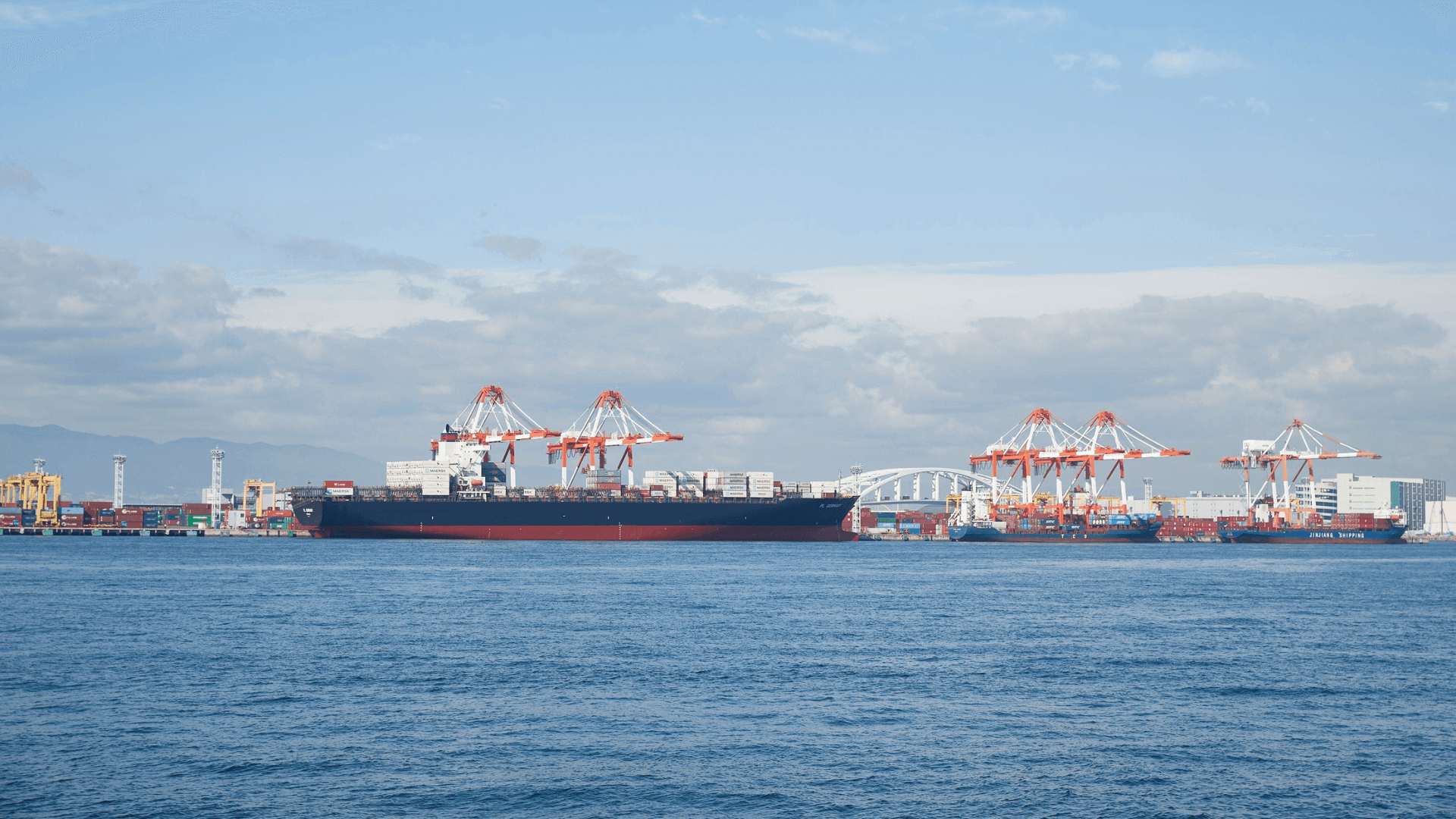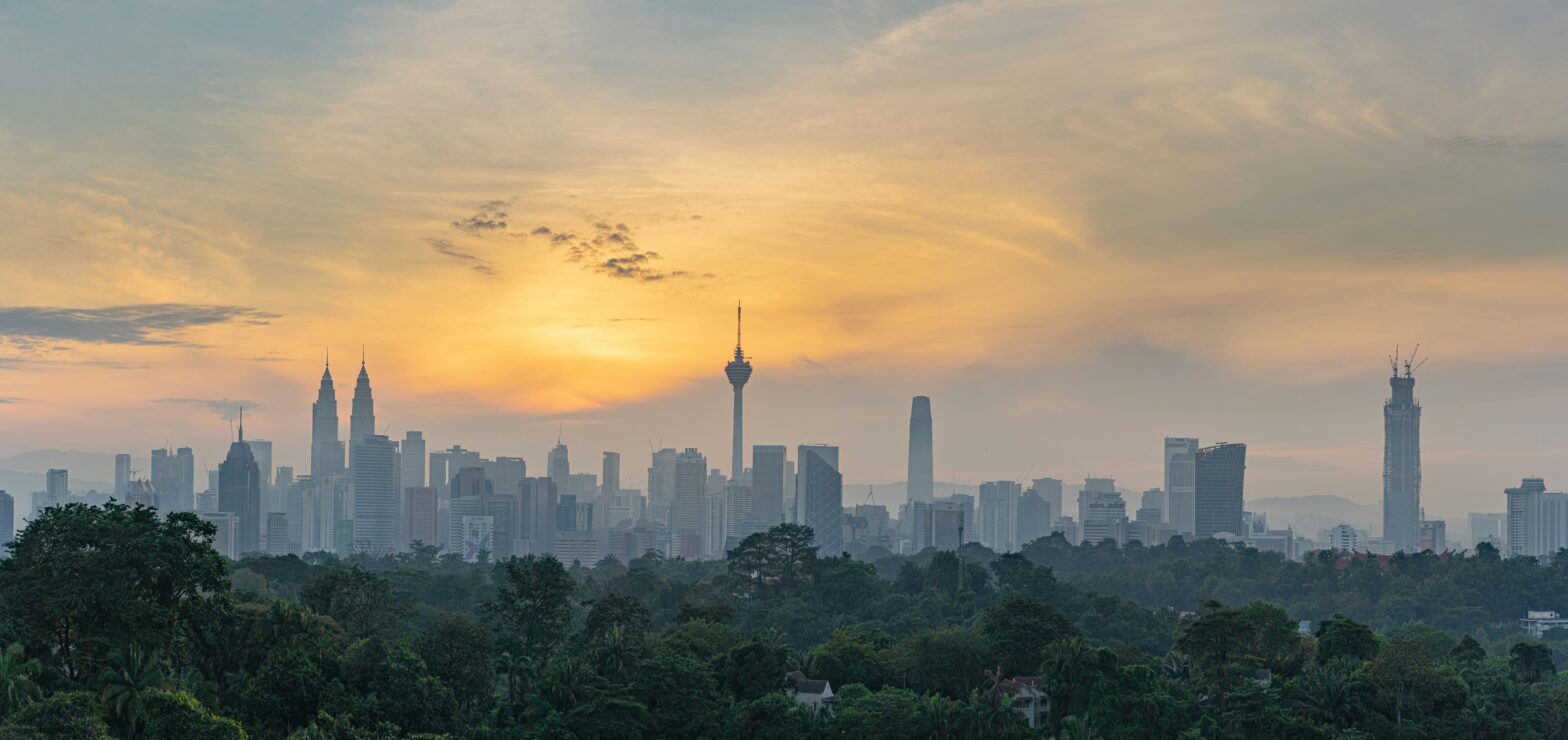9th Conference on the Regulation of Infrastructures: Sector Coupling. How to regulate convergence?

The Conference on the Regulation of Infrastructures is the annual event that brings together all the Areas of the Florence School of Regulation. The 9th edition of the Conference on the Regulation of Infrastructures will focus on regulation of convergence and will take place online on 24-26th June 2020 .
- On June 24 (12.00-18.00) and June 25 (10.00-16.30) paper presentations will take place online.
- On June 26 from 11.00 to 13.00 there will be a round table discussion with FSR Areas directors and a keynote speaker Alberto Pototschnig, FSR Energy, Part-time professor/ Former Director of the European Union Agency for the Cooperation of Energy Regulators (ACER) (2010-2019).
How to participate:
Please register for the round table discussion using the link on the right. One week prior to the round table discussion we will forward a full list of the scheduled paper presentations.
About the conference:
Most infrastructures have developed independently from one another and constitute self-contained socio-technical systems. This is, for example, the case of electricity, of gas, of telecommunications, of air transport, but also of railways. Consequently, also regulation was set up in a self-contained sector-specific manner.
However, this way of doing things cannot continue into the future, as the different infrastructure sectors are converging. This is, first, because of the technological and economic dynamics that has been triggered by liberalisation, and which has led to new technologies, often at the interface of the different sectors (e.g., power-to-gas), along with corresponding cross-sectoral business strategies.
Convergence also results from recent developments of digital networks (and in particular of the fifth generation of wireless technologies, the 5G) which increasingly act as driver of convergence between sectors, leading to cross-sectoral and much more integrated infrastructures services (e.g., “Mobility-as-a-Service” or MaaS). The take-off of the Internet of Things (IoT) based on 5G networks, which is addressed as the next Industrial Revolution, is expected to accelerate this trend. Finally, climate and other ecological challenges force a direct comparison among different sectors, such as in the case of externalities caused by energy generation (by renewables or by fossil fuels) or by the different transport models.
For all three reasons, a more convergent view of the different network industries is rapidly emerging … but will it translate into converging regulation or even into the regulation of convergence? Such is the topic of the 9th Florence Conference on the Regulation of Infrastructures.
More precisely, we look for contributions that link different infrastructure sectors, especially in terms of regulating interfaces between the different sectors, as well as regulating more integrated and converging sectors. Contributions utilising multidisciplinary as well as interdisciplinary approaches to regulation are welcome. Papers linking academia and practice, as well as policy research papers are particularly encouraged.
The conference is intended for academics such as PhD students, PostDocs and Assistant/associate/full Professors as well as academically minded practitioners.
List of selected authors and titles of their papers (* presenting author)
- Balogh, V. “Consumer protection – the case for converging regulation”
- Bischi, A.*, Thie, N., Schwaeppe, H., Schumann, K., Ferrari, L., Gordini, A., Paronuzzi, P., Punzo, A., Cakirer, K. B., Acan, B., Crisostomi, E., Desideri, U., Pozzi, M.*“Integrated planning of multi-energy systems: a comprehensive modelling framework”
- Brauer, J.*, Villavicencio M. “The value of avoided curtailments – Increasing welfare through the involvement of TSOs in the operation of power-to-hydrogen units”
- Bruni, A. “5G deployment: The role and challenges of regulatory bodies in ensuring convergence within the EU”
- Ducuing, C. “The Broadband Cost Reduction Directive: a legal primer in cross-sector regulation of infrastructures”
- Gonçalves, E.*, Dutra, J., Resende, B.”Coupling Power & Natural Gas sectors in Brazil – is convergence possible in times of market reforms? The case of Reservoir-to-Wire Power Plants”
- Hoffmann, L.J. “Three entitlement problems in the digital economy and how antitrust (re-)allocates property rights“
- Knieps, G. “Sector coupling through the lens of 5 G networks”
- Mayol, A., Staropoli, C. “Giving consumers too many choices: a false good idea? A lab experiment applied to water and electricity tariffs”
- Nolden, C. “Locating value in sector coupling: powering railways with renewable energy”
- Paniccia, I. “Substitution or Integration between Traditional Public transport and New Forms of Mobility. Implications for Economic Regulation”
- Parcu, P.L., Innocenti, N., Carrozza, C. “The increasing complexity of 5G technology: is this an issue for competition?”
- Phang, S.Y. “The convergence of water, electricity and gas industries: Implications for PPP design and regulation”
- Van Soest, H. “Reconceptualising the Electricity System and the Internet as Two Interdependent Super-Critical Infrastructure Systems”
- Vanrykel, F. “Electrification of road transport and the future of infrastructure financing: a look at energy taxes”
Conference structure
The format of the Florence Conference on the Regulation of Infrastructures is unique, in that we favor quality over quantity:
- Each presenter has 45’, which includes 20’ of presentation, 10’ of qualified feedback and 15’ of discussion with the audience;
- Feedback will be given by senior professors associated with the Florence School of Regulation who are specifically knowledgeable about the topic at hand;
- Papers retained for publication will receive additional feedback beyond the Conference.
Timeline
- Submission of the abstract by 14 February (download the guidelines) using the online form. For any issues regarding the submission, please contact Ms Irina Lapenkova at FSR.Transport@eui.eu;
- Notification of acceptance by 2 March 2020;
- Submission of the full paper by 24 May 2020; participants who fail to submit a full paper by this deadline will be automatically removed from the programme;
- Conference on 24-26 June 2020 online.
Guidelines for the abstract
- 600-1000 words
- Title of the paper & keywords
- Name of the author(s) and full address of the corresponding author
- The aim and methodology of the paper
- Results obtained or expected
Publication opportunities
- Papers will qualify for the Journal Competition and Regulation in Network Industries (SAGE)
- A summary of the 4-5 best papers will have the chance to be published in the dedicated issue of the Network Industries Quarterly (Issue 22, Vol 3, September 2020), which distributes to approximately 4000 people worldwide.
Learn more about the 8th edition of the conference, which took place in Florence on June 20 and 21 2019 here.
Organising Committee
- Prof Simone Borghesi (EUI, Part-time professor and Director of the Climate Area of the FSR. Siena University, Professor)
- Prof Matthias Finger (EUI, Part-time professor and Director of the Transport Area of the FSR. EPFL, Professor and Director of the Chair of Management of Network Industries)
- Prof Jean-Michel Glachant (EUI, Robert Schuman Chair, Director of the FSR, Director of the Energy & Climate Area of the FSR, Holder of the Loyola de Palacio Chair)
- Prof Juan Montero (EUI, Part-time professor of the Transport Area of the FSR, Professor of Administrative Law and Regulation in UNED University (Madrid)
- Prof Pier Luigi Parcu (EUI, Part-time professor and Area Director of the FSR Communications & Media, CMPF)
- Prof Stéphane Saussier (EUI, Part-time professor and Director of the Water Area of the FSR. IAE de Paris, Professor and Director of the EPPP Research Group)
Don’t miss any update on our events
Sign up for free and access the latest events from our community.













